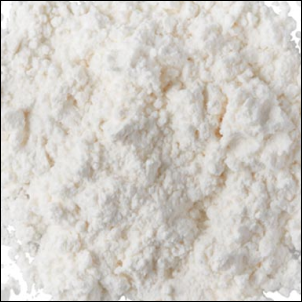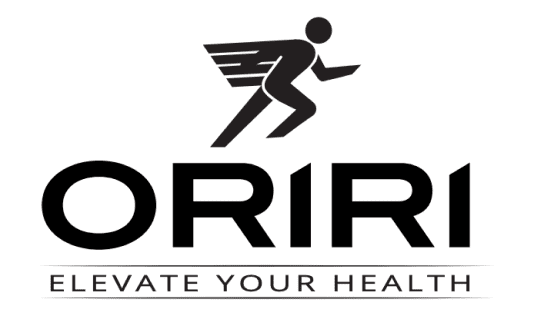
Antioxidants
Antioxidants vitamin C and B play a critical role in reducing fatigue and supporting recovery from both alcohol consumption and physical activity.
After Drinking Alcohol
Alcohol can cause oxidative stress and deplete essential nutrients in the body, leading to fatigue and sluggishness. Antioxidants like vitamin C and B vitamins help by:
-
Fighting Oxidative Stress: Alcohol consumption produces free radicals, which can damage cells and lead to inflammation. Vitamin C, a powerful antioxidant, helps neutralize these free radicals, reducing oxidative stress and the fatigue that comes with it.
-
Supporting Energy Metabolism: B vitamins (such as B6, B12, and folate) are essential for converting food into energy. Alcohol can deplete these vitamins, leading to fatigue. Replenishing B vitamins helps restore energy levels and reduce alcohol-induced tiredness.
During and After Exercise
- Reducing Muscle Fatigue: Vitamin C helps neutralize free radicals produced during exercise, reducing muscle damage, soreness, and fatigue, thereby aiding faster recovery.
- Boosting Energy Production: B vitamins are crucial for energy metabolism. They help convert carbohydrates, fats, and proteins into energy, supporting sustained energy levels during exercise and reducing post-workout fatigue.
- Supporting Immune Function: Intense exercise can weaken the immune system, but vitamin C helps strengthen immunity, aiding recovery and preventing fatigue related to illness or overtraining.
Other Article
-

Sodium
Sodium is an essential electrolyte that helps regulate the balance of fluids in your body. It works in conjunction with other electrolytes, such as potassium and chloride, to manage fluid distribution between cells and the bloodstream. After drinking alcohol or intense exercise, sodium helps rehydrate the body more efficiently by promoting water retention and maintaining the balance of fluids within the body’s cells.
Sodium After Drinking Alcohol
Alcohol is a diuretic, meaning it increases urine production and causes the body to lose water and electrolytes, including sodium. This loss can lead to dehydration, headaches, and fatigue. Consuming sodium after drinking alcohol helps:
-
Restore Electrolyte Balance**: Sodium replenishes the electrolytes lost due to alcohol’s diuretic effects, preventing or alleviating dehydration.
-
Reduce Dehydration Symptoms
-
Adequate sodium intake post-alcohol can reduce symptoms like headaches, fatigue, and dizziness by promoting better water absorption and retention.
Sodium During and After Exercise
Exercise causes the body to lose sodium through sweat. If sodium levels become too low, it can impair performance and recovery. Sodium is beneficial during and after exercise because it:- Maintains Fluid Balance: During exercise, sodium helps prevent dehydration by retaining water and ensuring proper distribution of fluids throughout the body, which supports muscle function and endurance.
- Supports Muscle Function: Sodium is critical for muscle contraction and nerve function. Maintaining proper sodium levels helps reduce the risk of muscle cramps and fatigue during prolonged or intense physical activity.
- Aids Recovery: After exercise, sodium replenishes the electrolytes lost through sweat, speeding up recovery, preventing cramps, and reducing fatigue. It also helps your body rehydrate more effectively by promoting water absorption.
Enhancing Performance
For athletes or individuals engaging in prolonged or high-intensity workouts, maintaining an optimal sodium level can enhance endurance and performance. Sodium helps:- Prevent over-hydration or hyponatremia (low sodium levels), which can be dangerous.
- Support energy production and muscle contraction by ensuring the proper balance of fluids and electrolytes in the body.
Whether recovering from dehydration caused by alcohol or replenishing electrolytes lost during exercise, sodium helps optimize hydration, prevent muscle cramps, and promote quicker recovery, making it a crucial component in any hydration or recovery formula.Read More -


